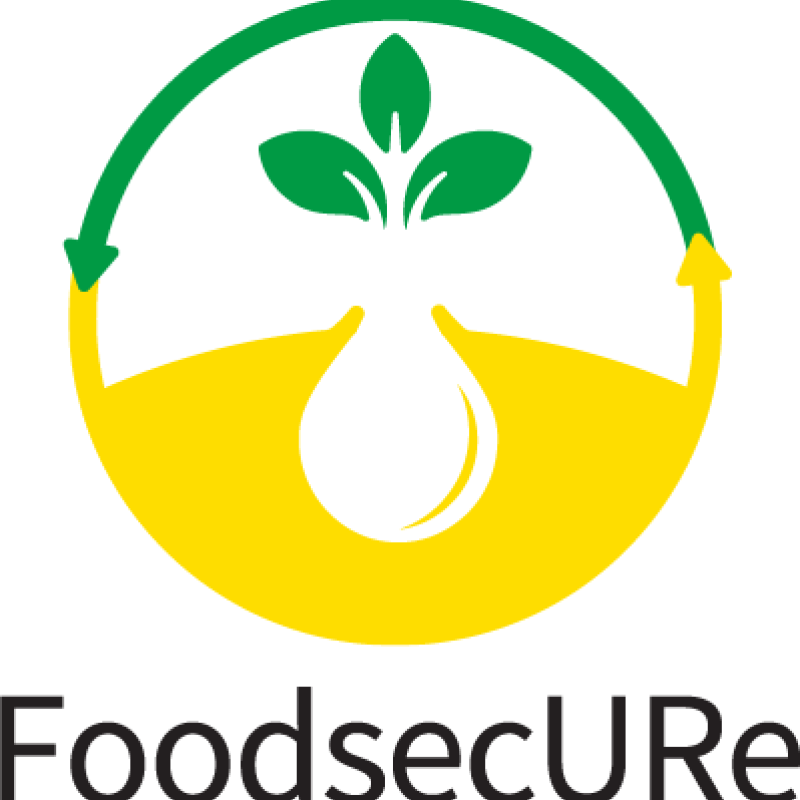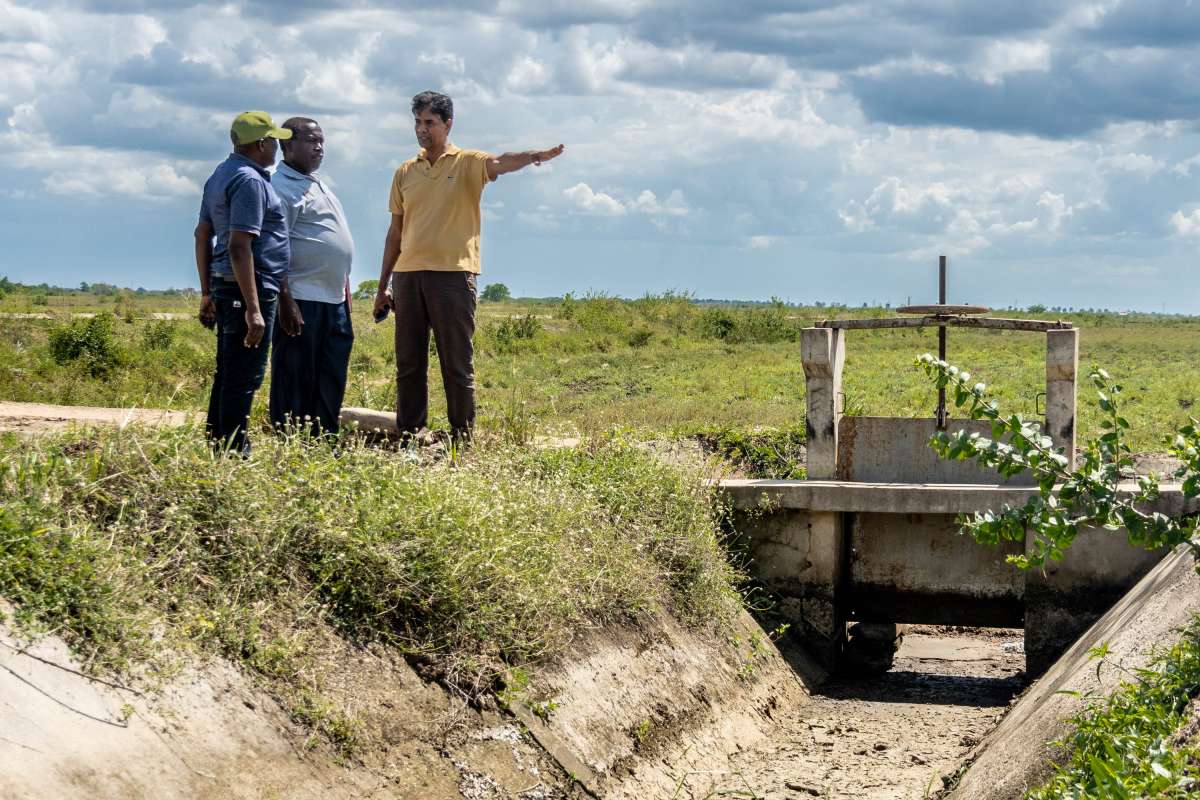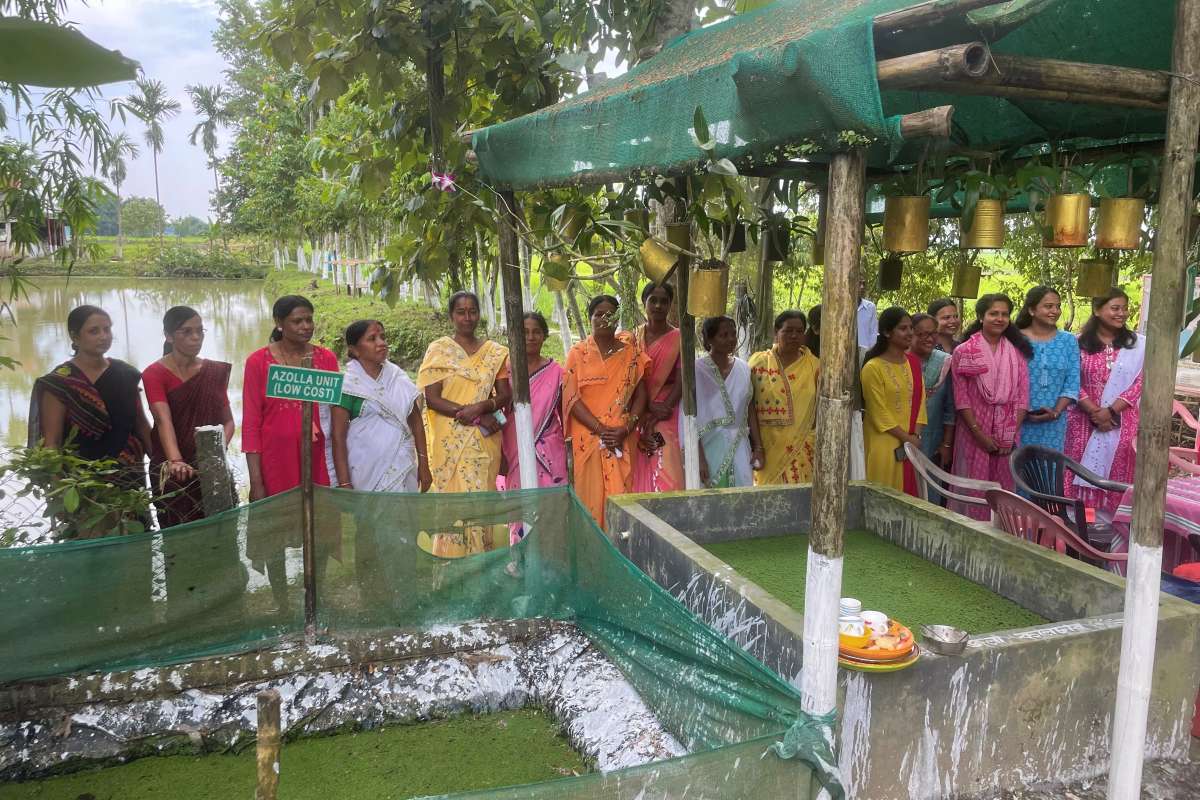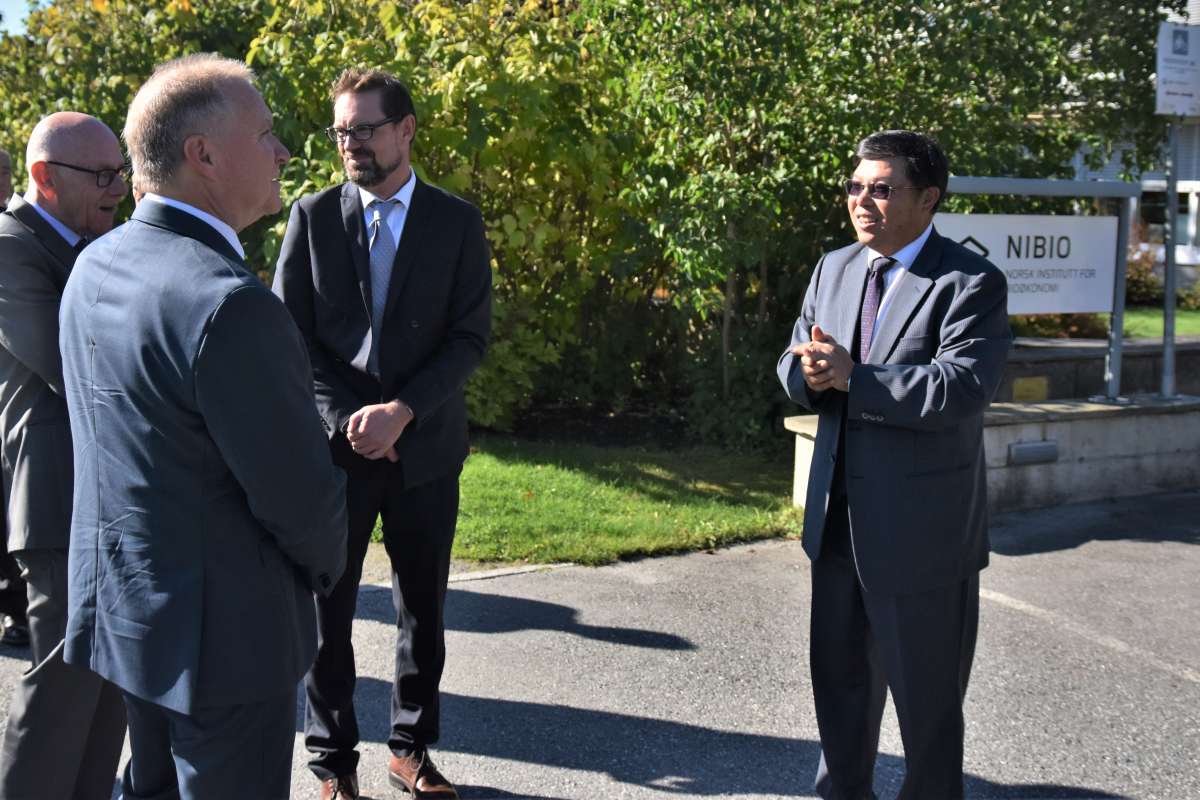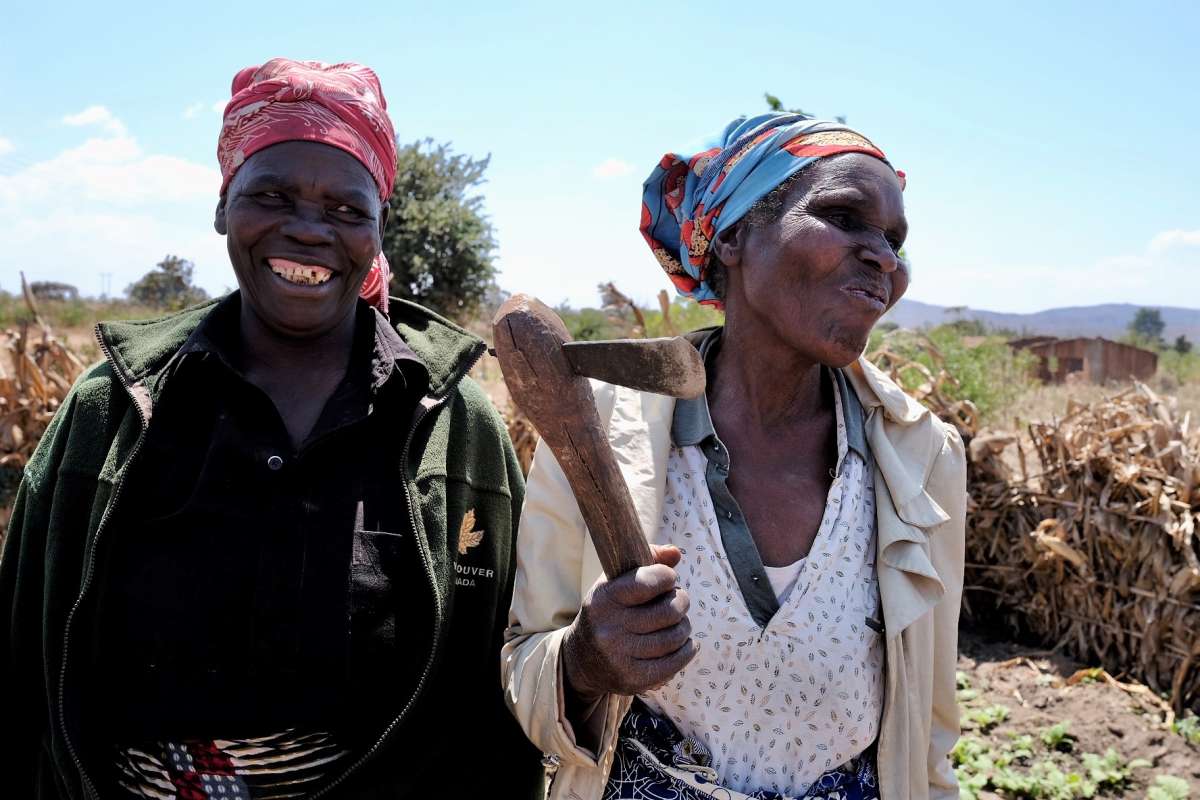Urine can contribute to increased food security
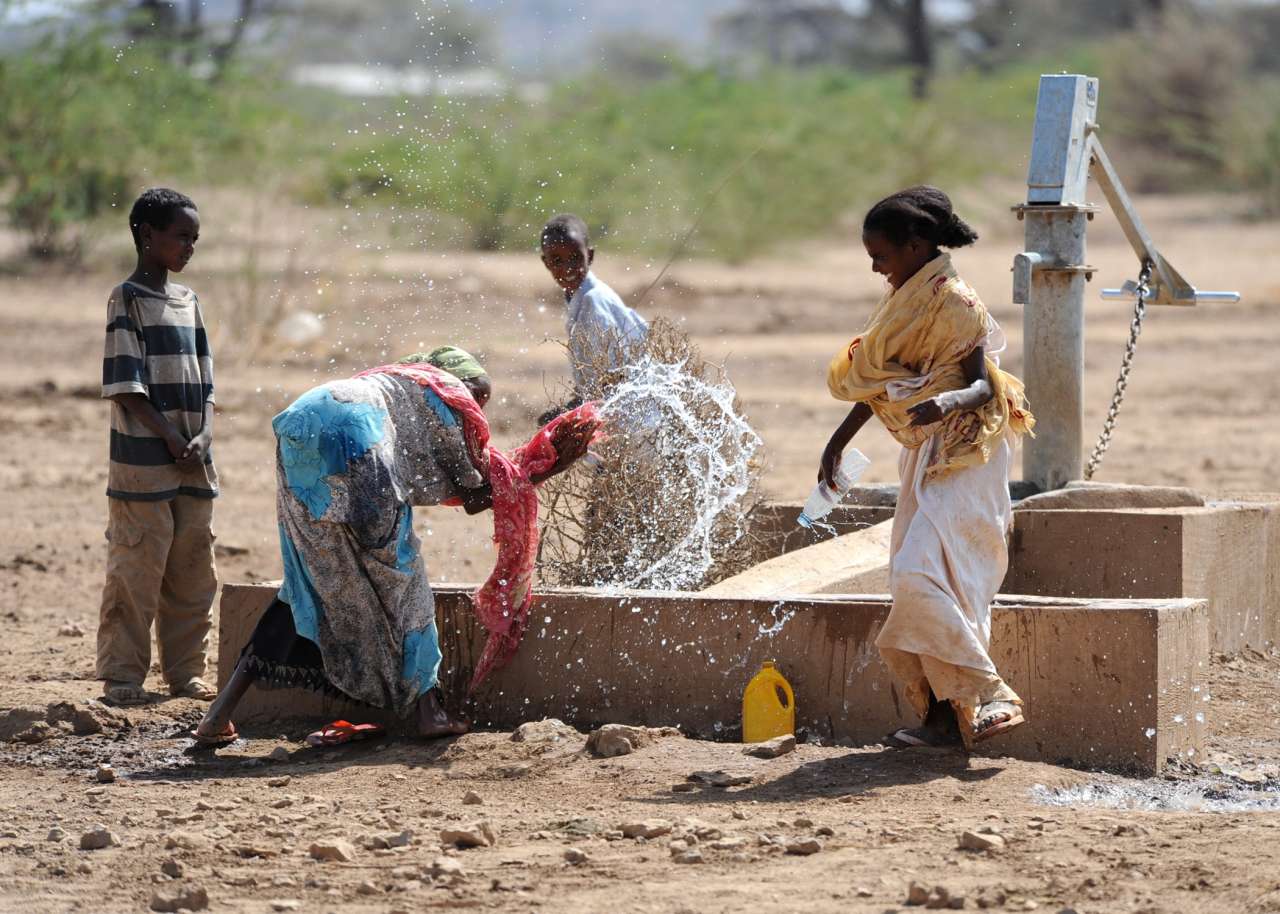
In many countries, there is a complete lack of basic sanitation systems such as sewage and running water for washing and cooking. In FoodsecURe, Ethiopian and European researchers will assess how safe recycling of human urine can improve sanitary conditions and living conditions for small-scale farmers in Bahir Dar, Ethiopia, where urine-separating toilets already exist. Illustration photo: Pixabay
Human urine contains essential nutrients for plant growth. The aim of the FoodsecURe project is to increase food security among Ethiopian smallholders by mainstreaming a safe sanitation value chain surrounding the collection, treatment, transportation, and application of urine-based fertilizers.
The production of mineral based fertilizers requires a significant amount of energy and relies in part on non-renewable resources such as phosphate rock. Furthermore, the price of mineral fertilizer is currently at a record high due to surging input costs and supply disruptions caused by sanctions and export restrictions.
High fertilizer prices could negatively affect food production, which in turn can lead to higher food prices, food insecurity, and political instability.
Small-scale farmers in developing countries who depend on fertilizer imports to produce food, are particularly vulnerable and at risk. Reduced crop yields and high food prices directly affect these households, and lead to food insecurity and limited economic access to health and education services.
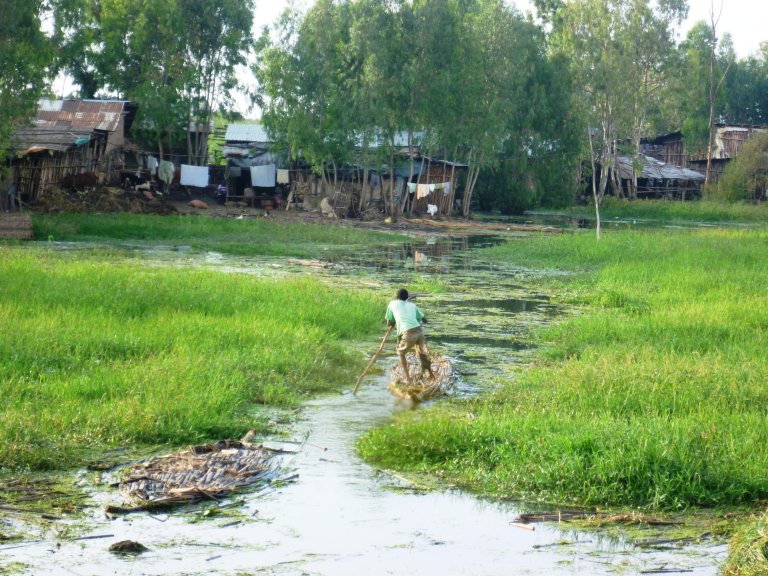
Human urine can be a solution
Urine contains nitrogen and phosphorus, two essential nutrients for plant growth. Urine can thus serve as an almost cost-free and locally available nutrient resource for agriculture.
Despite the fact that successful, low-cost toilets that can both separate and collect urine are already manufactured at large-scale in Africa, the use of urine for fertilizer purposes is virtually non-existent.
“Large-scale recycling of human urine faces many technical, socio-cultural, economic, institutional, and ecological barriers," says Dr Divina Gracia P. Rodriguez at NIBIO, project leader for the project FoodsecURe.
“What we want to achieve is to systematically address these barriers by looking at the interdependencies among them. In FoodsecURe, we will implement a participatory multi-discipline and multi-actor approach to combine different types of scientific expertise, experience, stakeholder local knowledge, and cultural practices.”
Over the course of four years, with 17 partners from Norway, Ethiopia, and Sweden, the researchers in FoodsecURe aim to develop a safe communal sanitation system in Ethiopia for the collection and conversion of human urine into solid fertilizer. This could improve the productivity, livelihood, and adaptive capacity of smallholder agriculture to climate change and related socio-economic conditions.
.jpg)
Collaboration with Ethiopian small-scale farmers
The fertilizer produced from the urine will be tested in collaboration with smallholder farmers in Ethiopia growing local crops, with a focus on crop quality and careful testing to detect any pathogenic microorganisms and environmental toxins.
New innovations often require change in behaviour, habits, and/or incur transaction costs. The researchers will therefore take an analytical approach among various pre-defined stakeholders to determine how the use of human urine for food production can become acceptable in society.
“We need to find out if the households are willing to invest in and make use of urine diverting toilets. To recycle human urine, we need to collect a lot of urine first,” Dr Rodriguez says.
The researchers are also interested in finding out whether potential consumers are willing to pay for and eat food that they know has been produced using urine.
“Although urine is considered safe to use, this does not necessarily mean that urine is culturally classified as clean. Also, farmers have preferences for what kind of fertilizers they apply in their field, so this is also something we need to take into consideration.”
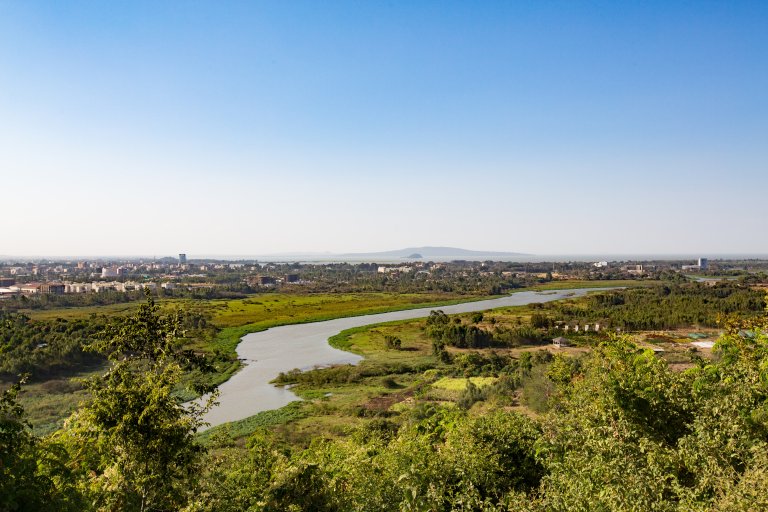
Science-stakeholder interaction is key
The researchers will focus on infrastructure, business models, product development, and policy mechanisms to successfully recycle urine.
“Upholding good communications with various user groups along the way, will be key to our success. Many new innovations and new products fail because of lack of public acceptance, " says Dr Rodriguez.
“Our aim is to provide and disseminate evidence-based knowledge that shows urine is as effective as chemical/mineral fertilizers and is safe to use in terms of heavy metals, pathogens and organic micropollutants. Not least, we will identify optimal combination strategies to ensure that the use of urine as fertilizer is sustained over time.”
Lack of safe sewage system
FoodsecURe will be implemented in Bahir Dar, the capital of the Ethiopian state of Amhara, located by Lake Tana. The city has approximately 500,000 inhabitants, but no sewage system. Public and private sanitation facilities are also scarce. Municipal and industrial waste from pit latrines and septic tanks is often discharged to open fields, wetlands, ditches, and on the peripheries of water bodies.
This unsafe handling of waste often results in contamination of drinking water sources, leading to outbreaks of waterborne diseases among the population.
In 2018, the city administration of Bahir Dar installed 56 urine-separating toilets as part of its "MDG Sanitation: Whole Sanitation Chain Program for the Poor in Urban and Peri-urban areas of Amhara." Of these, 19 toilets were built in public areas for communal use, while the rest were installed in schools and private establishments.
A recent survey conducted by the Bahir Dar Institute of Technology revealed that most of the toilets are used in the same manner as pit latrines, while the rest are not used at all. Urine is either not separated at source and if it is, there is no collection of it. When the urine tanks and/or containers become full, they overflow.
“The findings from the survey are consistent with similar studies from other places in Africa," says Dr Rodriguez.
“The systematic aspect of waste management is simply not in place. Our hope with FoodsecURe is to contribute with knowledge that can help establish and maintain a well-functioning value chain for urine recycling. This can improve sanitation conditions while ensuring that the valuable nutrients in urine do not go to waste.”
Contacts
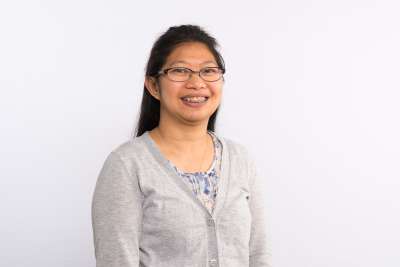
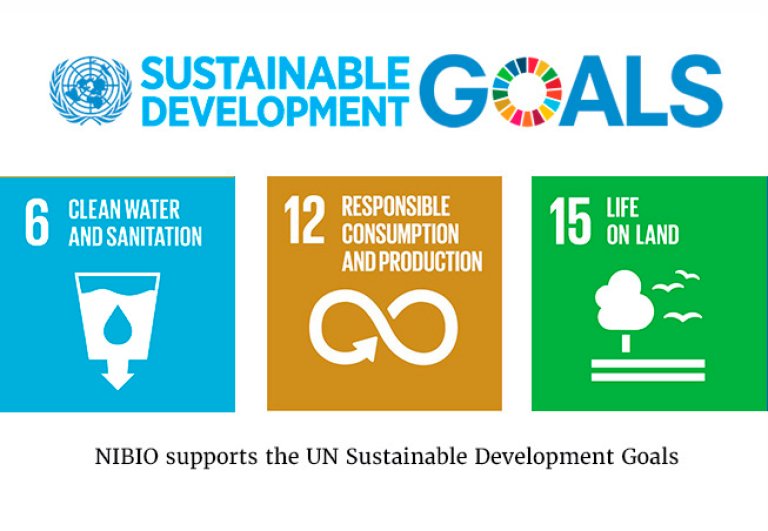
UN World Toilet Day
Today, around 3.5 billion people live without safe toilets. 419 million people still practise ‘open defecation’. In these situations, diseases spread, killing 1,000 children under-five every single day. This global crisis poses a threat to nature and everyone’s health, particularly women, girls, and other vulnerable groups.
In a bid to help break taboos around toilets and make sanitation for all a global development priority, the United Nations designated 19 November as World Toilet Day.
Read more here.
FoodsecURe
FoodsecURe: Food security through better sanitation: the case of urine recycling (2023-2027) targets the small-scale producers around the outskirts of Bahir Dar city who also participate in the on-going EU H2020 funded project “Healthy Food Africa” (HFA).
FoodsecURe is coordinated by NIBIO with Dr Divina Gracia P. Rodriguez as Project Manager. Other partners are the Norwegian University of Life Sciences (NMBU), the Swedish University of Agricultural Sciences (SLU), Norges Vel, Bahir-Dar University (BDU), and Amhara Regional Agricultural Research Institute. BDU office of the Healthy Food Africa project, Bahir Dar City Water Supply and Sewerage Authority, and the Bureau of Water and Energy are key stakeholders and members of the Advisory Committee of the project from the Ethiopian side.
Funding: The Research Council of Norway
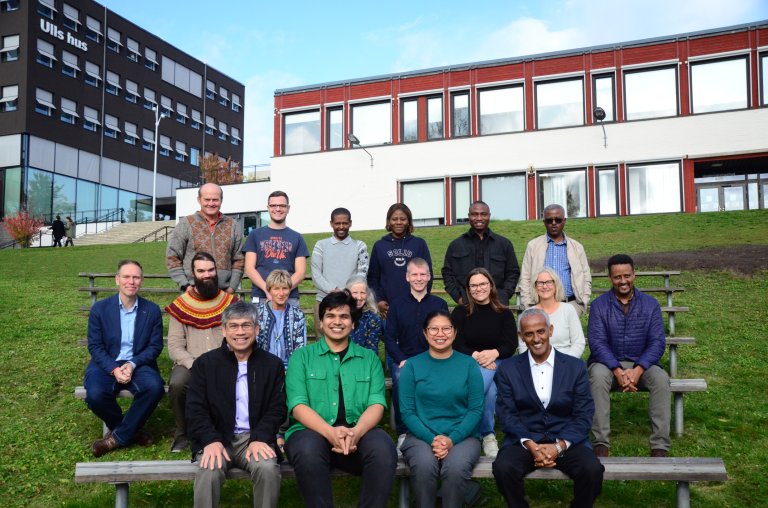
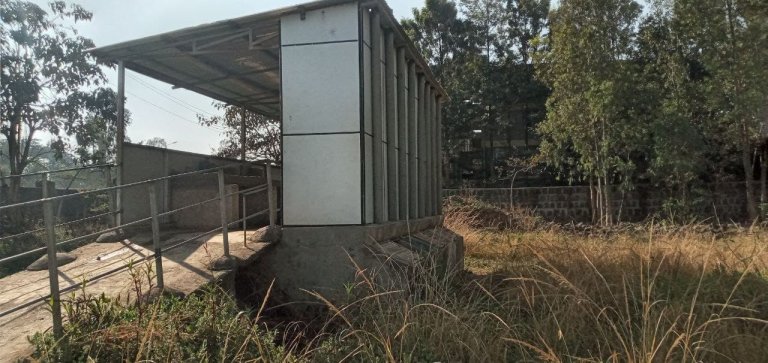
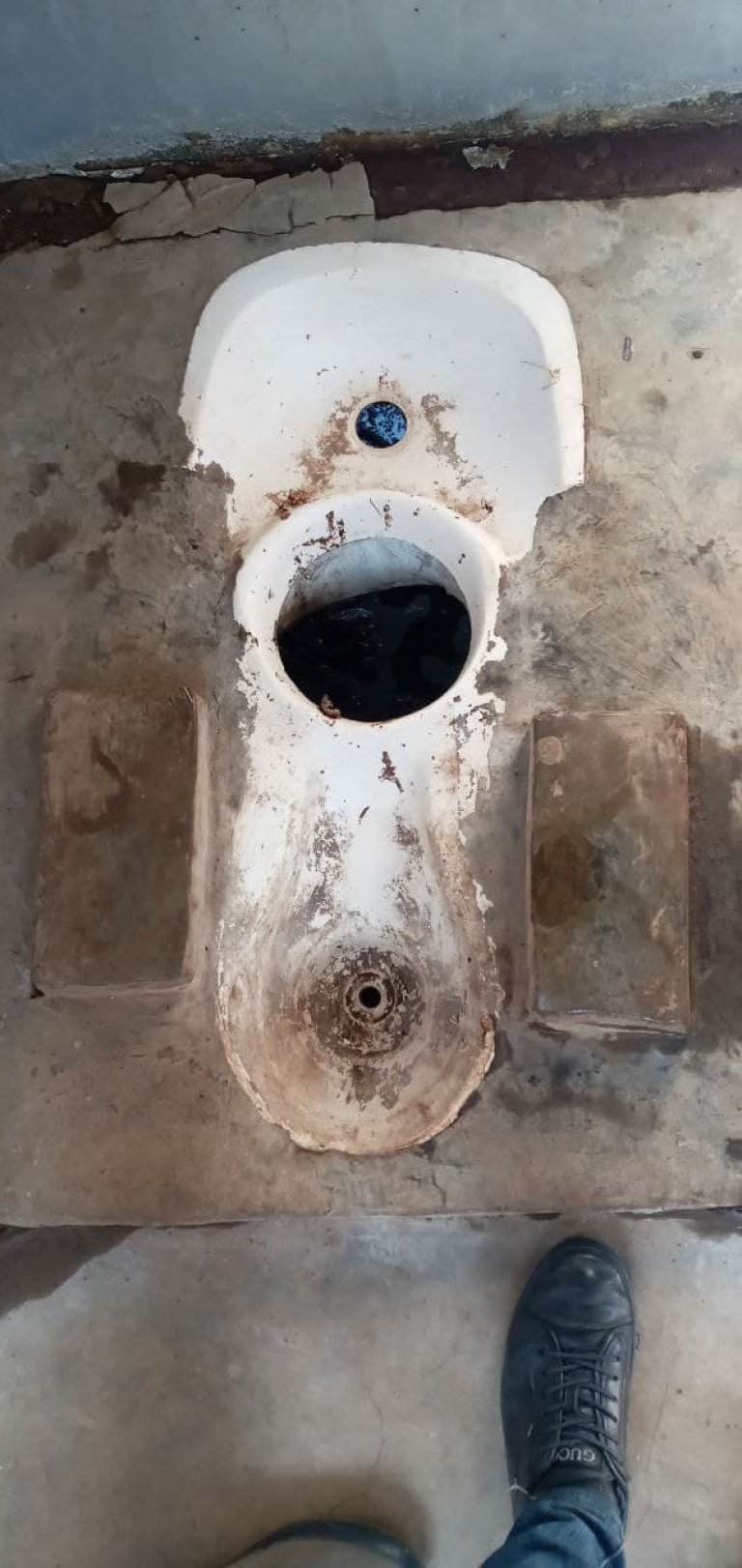
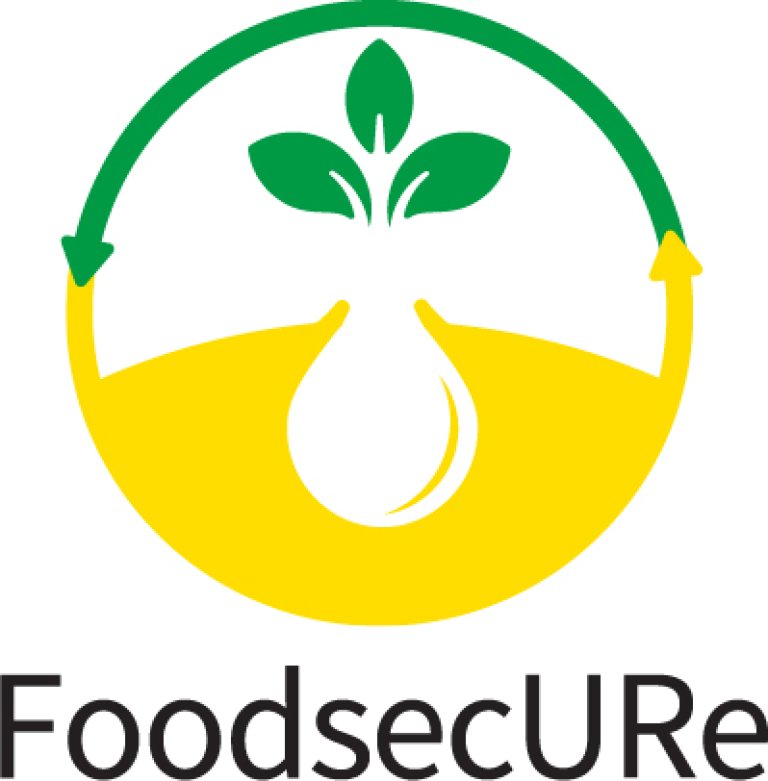
Contacts


